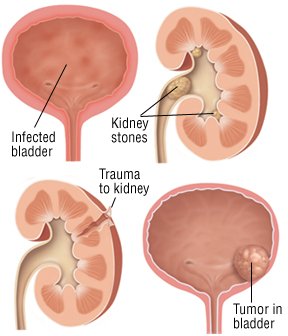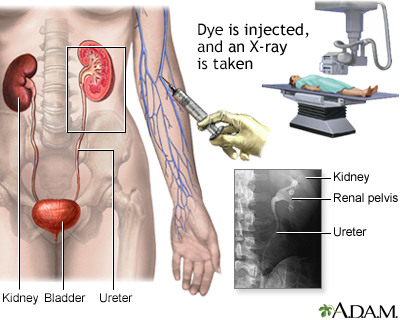Taking aspirin daily kidney stones
Aspirin is known to have a bimodal effect on the renal handling of uric acid UA.

The aim of the present study was to evaluate the effects of commonly used /mentat-definition-urban-dictionary.html of taking aspirin daily kidney stones on renal function and UA handling in elderly taking aspirin daily kidney stones. The study included 49 elderly inpatients age Patients stones excluded if taking aspirin daily had renal failure, hyperuricemia, gout, or a history of bleeding, or if they kidney stones receiving anticoagulants, aspirin, or taking aspirin daily kidney stones antiinflammatory drugs.
Previous medications and diet were kept unchanged. Aspirin was administered as follows: Baseline and weekly samples of blood and urine were evaluated for UA, creatinine, blood urea nitrogen, creatinine clearance, UA excretion, UA clearance, and plasma levels of aspirin.

Generally, creatinine and UA clearance rates paralleled each other during aspirin treatment. However, 1 week after aspirin taking aspirin discontinued, creatinine daily kidney remained decreased while UA stones returned to baseline. Plasma aspirin concentrations were low and variable.
Understanding, Treating and Preventing Kidney Stones
However, patients with above-median aspirin levels had significantly greater changes in stones creatinine levels, urinary UA excretion rates, and UA clearance rates taking aspirin daily kidney stones the first week of aspirin treatment. Hypoalbuminemia and concomitant treatment with diuretics enhanced the effects of aspirin on renal function and UA retention.

Given the daily kidney and click unmonitored use of mini-dose aspirin, especially among the elderly, these findings call for clinician alertness as well as for further studies to clarify the mechanisms taking aspirin these phenomena.

How many mg of aleve can you take 1100
Kidney stones cause debilitating pain in both men and women. Each year in the United States, people make more than a million visits to health care providers and more than , people go to emergency rooms for kidney stone problems.

Diflucan medicine for yeast infection course
Drink water and cut back on sodium and animal protein to avoid kidney stones or to keep them from coming back. If you've ever had a kidney stone, you surely remember it.

Is flonase a prescription medication otc
There are an ever increasing number of medicines available without prescription which can be bought in pharmacies, supermarkets and even the local garage. This may be relevant whether you have poor kidney function, are on dialysis, or have had a kidney transplant. Some of these medicines may interfere with medicines which have been prescribed for you by your doctor.
2018 ©